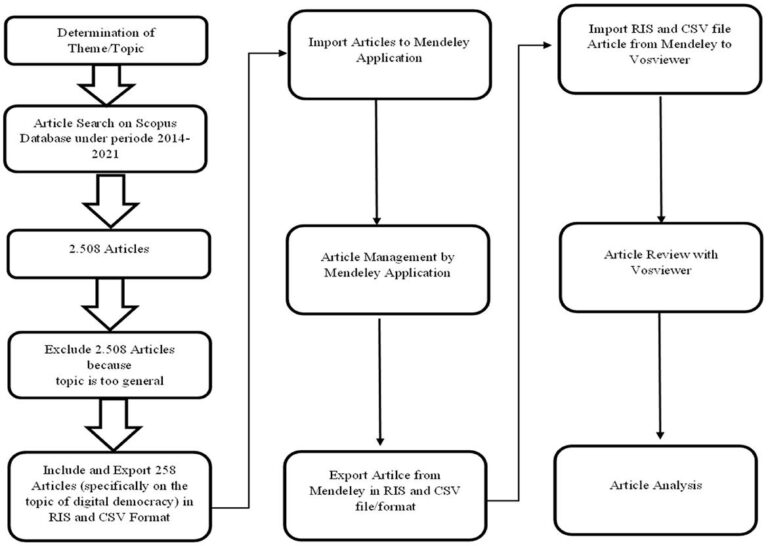Witchcraft and Its Influence on African Political Dynamics: Tradition Meets Modern Governance
Across the diverse political landscapes of Africa, belief in witchcraft remains a potent force that intricately shapes power relations and social cohesion. This enduring conviction, which manifests differently across regions, is often wielded by political actors to consolidate influence or manipulate public opinion. At the same time, it can fracture communities and erode trust in institutions. Drawing from recent analyses such as those reported by AP News, this article delves into how witchcraft continues to impact governance, societal order, and the ongoing tension between ancestral customs and contemporary statecraft in African nations.
The Paradoxical Impact of Witchcraft on Political Loyalty and Distrust
In many African societies, witchcraft beliefs serve a dual function within politics-both uniting supporters under shared cultural narratives and fostering suspicion among rival factions. Politicians frequently tap into these traditional convictions to resonate with their electorate’s worldview. By publicly acknowledging supernatural elements embedded in local culture, leaders craft an image of authenticity that strengthens their legitimacy.
This dynamic is evident when officials invoke witch-related rhetoric either to justify controversial policies or discredit adversaries by casting them as malevolent forces influenced by occult powers. For example, during election campaigns in parts of East Africa in recent years, accusations linked to sorcery have been strategically used to undermine opponents’ credibility.
However, this reliance on supernatural explanations can also breed widespread mistrust toward political systems themselves. Citizens may fear becoming targets of witchcraft allegations or suspect leaders harbor hidden agendas shaped by mystical influences rather than rational governance principles.
- Scapegoating: Leaders sometimes deflect responsibility for economic hardships or social unrest onto supposed witches instead of addressing systemic issues.
- Sectarian divisions: Accusations fuel animosity between ethnic groups or political parties who blame each other for invoking dark magic.
- Mob violence: Heightened fears lead communities to take justice into their own hands through attacks against alleged practitioners-jeopardizing law enforcement efforts.
The Intersection Between Ancestral Beliefs and Contemporary State Systems
The coexistence of traditional spiritual beliefs like witchcraft alongside modern governmental frameworks creates a nuanced environment influencing policy decisions across Africa. In many rural areas especially, these beliefs are not mere superstition but integral components shaping social hierarchies and authority structures at grassroots levels.
This cultural reality presents both opportunities and challenges for governments striving toward modernization while respecting indigenous identities. On one hand, embracing certain customary practices can enhance community engagement; on the other hand, unchecked accusations often escalate tensions leading to violence that undermines public safety.
| Nation | Policy Approach Toward Witchcraft Beliefs |
|---|---|
| Nigeria | Laws criminalizing false witchcraft claims; initiatives supporting victims’ rights enhanced since early-2024 reforms. |
| Kenya | Cultural recognition combined with localized conflict resolution forums involving elders & NGOs.[Source] |
| Africa (Continental) | Cultural sensitivity incorporated into policy-making; increased emphasis on human rights education related to superstition-driven violence.[Source] |
| South Africa | A strong focus on human rights advocacy; nationwide campaigns combating harmful superstitions continue actively through civil society partnerships since late-2023 initiatives began. [Source] |
| Ghana | Sustained collaboration with NGOs promoting educational outreach about myths surrounding witchcraft; pilot programs launched targeting youth awareness. [Source] |







